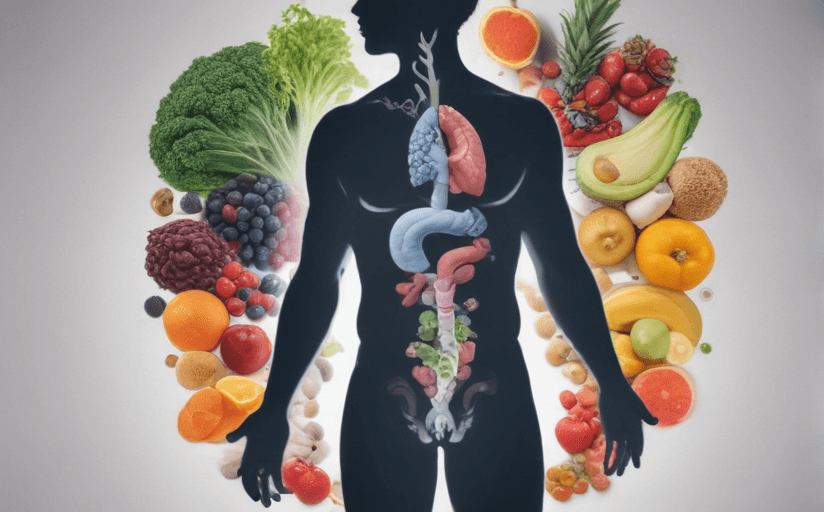Exploring The Complex Relationship Between Gut Health and Overall Physical and Mental Wellness
The human gut houses trillions of microorganisms that significantly influence our overall health and wellbeing. Recent scientific findings have delved deep into the importance of good gut health in maintaining whole-body homeostasis - highlighting its impact on both physical and mental conditions.
The Crucial Role of Gut Microbiome
The gut microbiome, a community of microorganisms living in our digestive tract, plays a crucial part in our bodys functions. It aids in breaking down the food we eat, synthesizing essential nutrients, modulating our immune response, and even influencing the production of neurotransmitters affecting our mood and behaviour.
Impact of Gut Health on Physical Wellness
Several physical health conditions, including obesity, diabetes, and autoimmune diseases, are found to be associated with gut health. For instance, certain gut microbes are known to extract more calories from food leading to obesity. Also, gut microbiota dysbiosis, defined by either a loss of beneficial microbes or an influx of harmful ones or both, correlates with autoimmune diseases such as rheumatoid arthritis, Crohn's disease, and even Type 1 diabetes.
Correlation Between Gut Health and Mental Wellness
Emerging research is bringing to light the role of gut health in mental wellness. The gut-brain axis – the biochemical signaling between the gut and the brain – influences emotions, cognition, and even stress response. Disorders such as depression and anxiety have been found to be linked to the gut microbiome’s state.
Probiotics and Nutrition For Optimal Gut Health
The potential of probiotics in maintaining optimal gut health is immense. Probiotics contain beneficial bacteria that can balance the gut microbiome. Moreover, well-balanced nutrition, with a focus on fiber-rich foods, fermented foods, and reduction in high-sugar and high-fat foods, significantly improves gut health.
Practical Suggestions for Improving Gut Health
Integrating probiotic supplements or probiotic-rich foods like yogurt and kimchi into your diet.
Including fiber-rich foods like fruits, vegetables, whole grains and legumes in your meals.
Limiting intake of processed foods, high-sugar and high-fat foods.
Incorporating stress management techniques, as chronic stress can negatively affect your gut health.
Ensuring adequate sleep as it's linked with good gut health.
By prioritizing your gut health through these practices, you can potentially improve your overall physical and mental wellbeing, thereby improving your quality of life.


















Comments
Leave a Comment